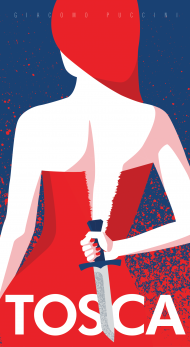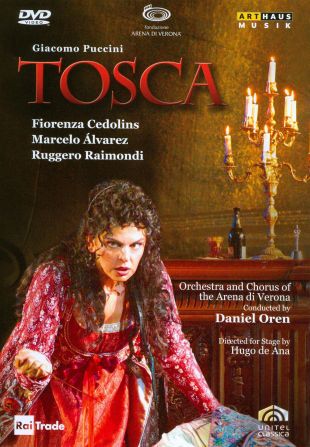
She leaves, still demanding that he change the eyes, and Angelotti reappears. Tosca (Karita Matilla) and Cavaradossi (Marcelo Álvarez), Met Opera There’s no avoiding the opera’s grim finale either, horrifically sad with only limited redemption. The censors had real issues with Rigoletto’s content, and it’s not hard to see why! Set in the grubby world of the Duke of Mantua, a man with few morals and a great deal of power, the action plumbs the depths of nastiness, and the bad guy doesn't get a comeuppance. One of the most exciting and gritty operas, Rigoletto is not for the faint-hearted.

Expect a big church to open the evening and an impressive battlement to close it. Productions of Tosca can go a variety of ways though predominantly, it remains an opera staged fairly literally.

Luckily it still works as seen through 21st Century eyes because at its core, Tosca is a tale of romance over politics featuring a heroic painter, a despicable ruler and an opera superstar, Tosca herself! Tosca is fundamentally historical fiction, a vague knowledge of the period is beneficial, though it is very much the 18th Century as seen through 19th Century eyes. However, you’d be foolish to go in with this attitude Puccini takes an overtly theatrical tale and makes it astonishingly moving. Unsurprisingly then, it's a thrilling melodrama often dismissed as one-dimensional and tawdry. None of the central characters makes it to the end alive, hero or villain.

Tosca is one of the most lethal of operas.


 0 kommentar(er)
0 kommentar(er)
